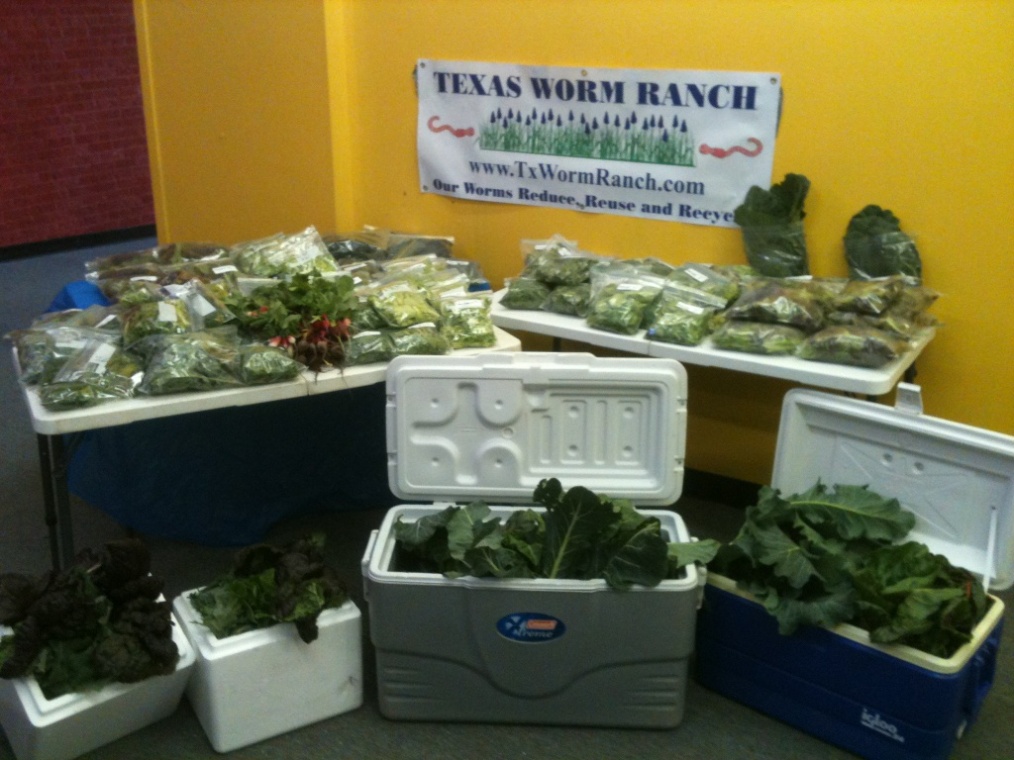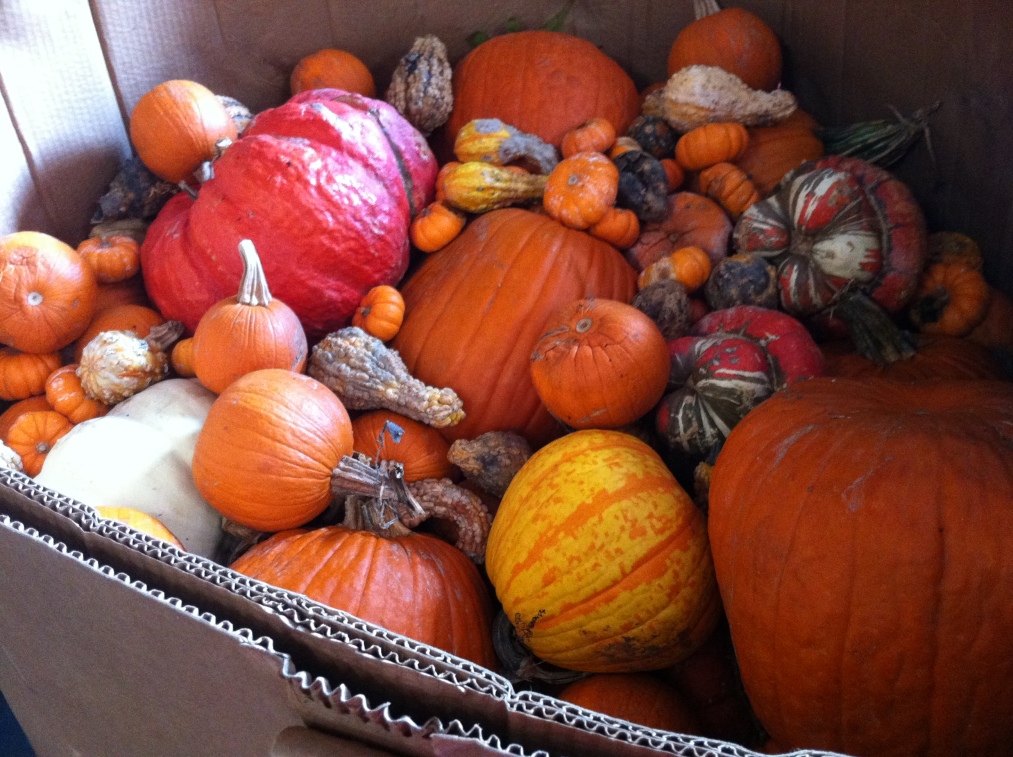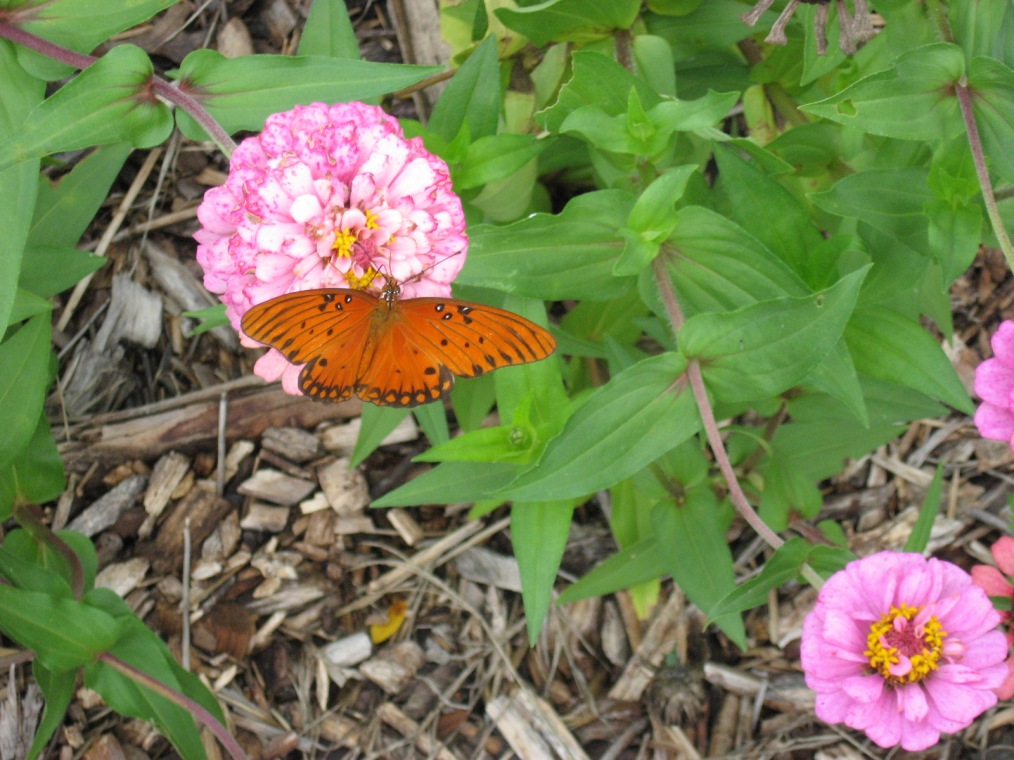I think everybody really thinks they believe the idea of “supporting local business”, but what does that really mean? Does it mean, “hey, great, one of my neighbors has a business and that’s cool!”, or does it mean you actually use and refer that business to others? One of the easiest areas we can support local business, that has a huge economic, environmental and health impact is by supporting local “sustainable” businesses. That’s why we started the Dallas Eco-op.
In the Fall and Winter of 2011, several non-profits and small businesses started dreaming together of a way to create a healthier community, healthier people in our neighborhood, a better way to incubate small, green business, and help keep our planet beautiful and healthy too. We were inspired to create a better ecosystem to live and work in, that truly makes a difference. Here’s our business and nonprofit partners and how they make a difference:
GROW North Texas: Our mission is to connect North Texans to food, farms, and community in order to create a sustainable, secure regional food system that enriches the land, encourages economic opportunity through food and agriculture, and provides equitable access to healthy, nutritious food for all residents. GROW NT hosts our bi-weekly Pop Up Market at the Eco-op, which helps local farmers and artisans get their products to our local community. A balance of healthy organic food to our neighbors, while keeping the farmers and artisans in business (with your support!!).
Texas Honeybee Guild: Did you know that at least 30% of our food needs to be pollinated by a bee? Not only do bees provide lovely honey, they are vital to our food supply. Brandon and Susan Pollard’s hives are so local, they brand it, “Zip Code Honey”, which helps reduce your allergy intensity. Education, advocacy, and products from said honey to candles and soaps are what they sell. You will find the Pollards (who live in East Dallas) at local farmers markets, including the Eco-op…or “like” them on Facebook to see where they might be found.
Clean Air Lawn Care: Clean Air lawn care is also here in our Lake Highlands, East Dallas and Lakewood areas of Dallas. I highly recommend their service to all my neighbors and friends. They will mow your yard with SOLAR powered (no polluting emissions) mowers and use organic lawn products. Rick Hauser is all class, and anything we can do to maintain healthy, organic lawns while reducing our air and chemical pollution is a big win for our family’s health, waterways, and creatures depending on our streams and White Rock Lake.
Recycle Revolution: Owner, Eddie Lott and his family, lives right here in Lake Highlands. Recycle Revolution, LLC, is an independently-owned, non-landfill recycling company. We provide a one-stop shop collection service for a growing and diverse group of businesses and multi-family communities in the Dallas-Fort Worth Metroplex, and waste consulting and project management services to establishments seeking LEED and zero-waste goals. We are also a Community Drop-Off Center for both traditional and Hard-to-Recycle-Materials (HaRM). Ask us about our new Compost and Shredding programs! Bring your recyclable e-waste, Styrofoam, or other hard to recycle products by the Dallas Eco-op on Saturdays 10-3 or during our Pop Up Markets.
SynergyFish Aquaponics, LLC: Owner, Dave Pennington, is the mad scientist of sustainability. From Aquaponic systems, to rocket ovens, to building domes from recycled materials, “Synergy Aquaponics seeks to save the planet from the human species, by educating them about how to sustainably feed, house, and provide energy for themselves.” Dave provides classes and training, as well as consultations.
Urban Sustainable Ecosystems: Urban Sustainable Ecosystems (USE) is bringing together experts on sustainable living to teach comprehensive classes & workshops on transforming homesteads into more self-sustaining ecosystems. Our next workshops are coming up, and we can teach our friends and neighbors how to save money and be more sustainable in their own homestead. Check out the lineup:
USE WORKSHOP
Texas Worm Ranch: My business partner, Steve Clary and I each have families that live in Lake Highlands. As parents, it is important to each of us that we make a positive impact in the community we live in. Not only do we sell worms for you to compost at home with, we also provide organic yard consultation, install organic vegetable gardens, and help you convert your current chemical lawn care to a safe and effective lawn treatment program. Email us at rancher@txwormranch.com for help with any of these services.
Urban Acres: Urban Acres is a local CSA (Community Supported Agriculture) farm store. Every other Saturday, they bring local and organic boxes of produce to the Dallas Eco-op for their CSA members. I’ve seen the member boxes and they are lovely and full of good-for-you produce. It’s also a great service to the farmers they buy from, who don’t have to spend hours prepping for a farmers market. Check them out, it just might be something to help your family get healthier.
So, hope you enjoyed meeting some of these folks. We are here to help you, your family, our mutual neighborhood and our planet. Come see us at a Pop Up Market, or email one of the businesses to support their services. We hope you agree we are in this together!
Shop local, shop green, shop Dallas Eco-op!



Recent Comments